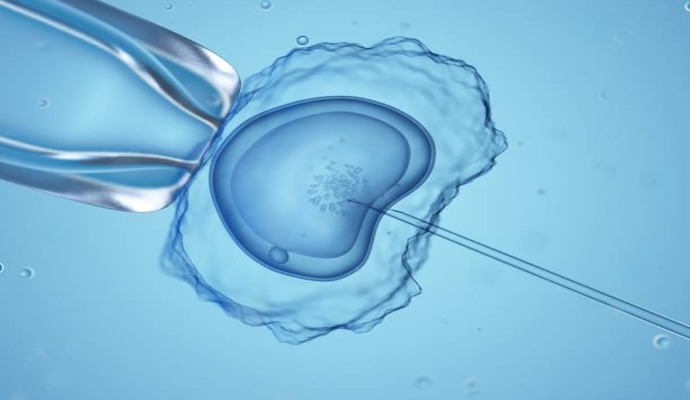Alabama Supreme Court Ruling Compromises Access to IVF
A new Alabama Supreme Court ruling characterizes frozen IVF embryos as children, presenting barriers for IVF clinics.

Source: Getty Images
- On February 16, 2024, the Alabama Supreme Court issued a ruling that characterized frozen embryos as people, indicating that any destruction of these frozen embryos could be considered a crime. Despite decisions from two lower courts that maintained that frozen embryos do not qualify as children, seven of nine justices voted to include frozen embryos in the state’s definition of children.
The justices wrote, “…the text of the Wrongful Death of a Minor Act is sweeping and unqualified. It applies to all children, born and unborn, without limitation. It is not the role of this Court to craft a new limitation based on our own view of what is or is not wise public policy. That is especially true where, as here, the People of this State have adopted a Constitutional amendment directly aimed at stopping courts from excluding ‘unborn life from legal protection’ in their decision.
The decision to make this characterization stemmed from a wrongful death court case that started in the lower courts. Axios reports that multiple wrongful death suits were brought forth against Mobile Infirmary, a fertility clinic, in 2021. Allegedly, a patient broke into the clinic’s freezer, which held fertilized embryos, then removed and dropped them, rendering the embryos inviable.
Initially, the circuit court sided with the clinic, which emphasized that a wrongful death was an impossible claim since the embryos were not transferred to the uterus, meaning the couples who launched the suit did not qualify as parents. However, the state’s supreme court reversed this decision, marking the first court case that identified frozen embryos from in vitro fertilization (IVF) as “children” or as human lives.
Although no other states have specified that IVF embryos have personhood in their states, 11 US states have defined life as starting at fertilization. This decision sets a precedent for other states to make similar claims.
While anti-abortion activists and conservative advocates count this decision as a win, many healthcare professionals and fertility specialists are concerned about this decision.
Despite being outnumbered in the decision that frozen embryos should not qualify for personhood, Alabama Supreme Court Justice Greg Cook noted that this decision will undoubtedly impact IVF in Alabama, likely forcing or pressuring many IVF clinics to close or cease the procedure.
Multiple other organizations, including Resolve, the National Infertility Association, and the American Society for Reproductive Medicine, echoed his opinion.
Since the US Supreme Court overturned Roe v. Wade in the Dobbs v. Jackson Women’s Health Organization decision, reproductive rights and access to comprehensive reproductive healthcare have been compromised. The ruling, which turned over reproductive rights to individual state legislatures, has left an uneven terrain in its wake. While some more liberal states have worked to maintain access to reproductive healthcare, others have swiftly robbed women and individuals who can get pregnant of their right to make personal decisions about their pregnancy.
This court case underscores that the Dobbs decision affects all individuals who can conceive, not just those who do not want to or — for health or other reasons — cannot give birth. Women who actively wish to conceive and are looking to do so through assisted reproductive technology will undeniably be impacted by this decision.
Regulatory decisions, such as this one, that fail to account for other factors that may impact the definition of personhood and a person’s willingness or ability to give birth are an assault on reproductive autonomy for all.
